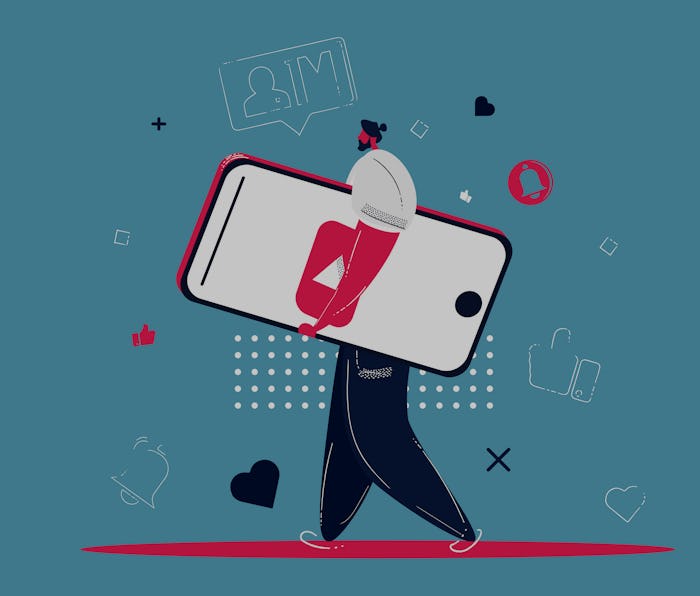Culture
YouTube's ad plan for small creators is going to make many unhappy
The backlash is totally understandable.

YouTube's latest announcement with regards to its ad strategy and payments is likely going to ruffle many small creators' feathers. According to comments from the company made in a support forum post, YouTube is updating its Term of Services and the changes include running ads on the videos made by smaller creators without sharing the revenue from said ads with them.
The video service also says it will be much clearer about the kind of information users collect on the website, presumably to increase data integrity and privacy. The changes go into effect at the end of 2020.
How it works — Typically, the YouTube Partner Program is available to any content creator who has managed to have more than 4,000 public watch hours — that is, the time people spent watching your content — in the last 12 months. They also need to have more than 1,000 subscribers for the program to take effect and to be paid in return for letting businesses run ads on their clips. Occasionally, YouTube will run ads on videos outside of its YouTube Partner Program but that takes place under special circumstances. For example, if you were once a YouTube Partner Program and are no longer part of the deal, YouTube will still be able to monetize the video.
In its announcement, YouTube stated, "We look at many factors when we review channels for YouTube Partner Program (e.g, if the content is original, adhering to Community Guidelines, etc). Regardless, all videos must meet ad-friendly guidelines to show ads. We also offer other benefits that come with the YouTube Partner Program aside from serving ads." So as long as your video doesn't contain content that violates the firm's video guidelines, ads can be run on them and you can be compensated for them under YouTube's usual guidelines.
Why this could backfire — Since the beginning of the COVID-19 pandemic, YouTube has elicited a good deal of criticism for things like its content moderation, which was largely handed over to machines in place of humans, resulting in aggressive flagging of content, including plenty that did not violate any guidelines. The company defended the situation by pointing to a better-safe-than-sorry strategy. Considering the perpetual issue of abusive and inflammatory content on the platform, we can understand excessive caution. But we also sympathize with creators whose content may have been unfairly flagged and whose livelihoods might have suffered at the hands of YouTube's over-zealous algorithms.
We're far less sympathetic to the company running ads on smaller creators' videos without compensating them. Content creators already complain about lack of payment and demonetization. An update like this only worsens both creators' and their audience's opinion of the platform. Despite the predictable backlash, it's unlikely that YouTube will back down... there's simply not enough incentive to force its hand.